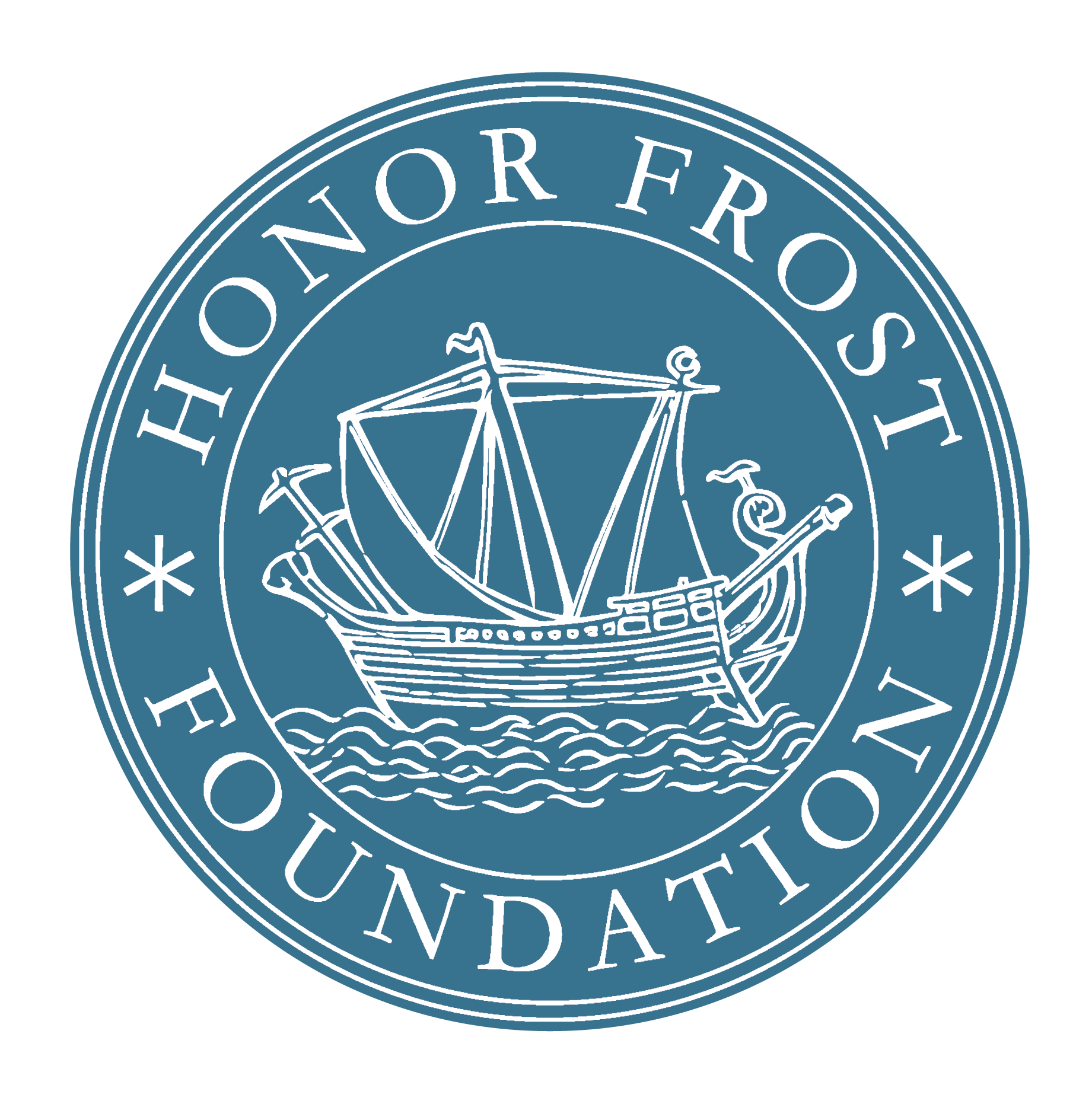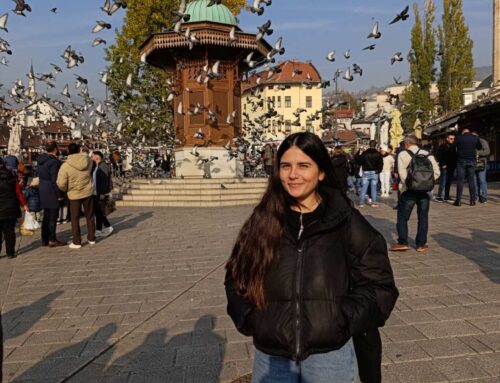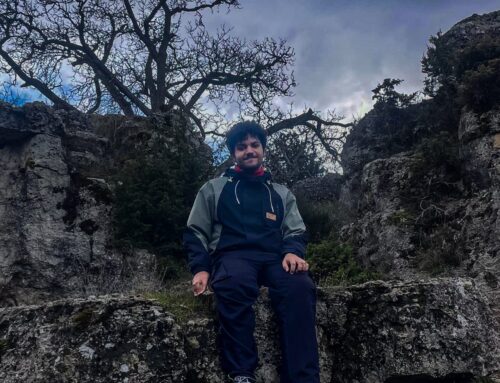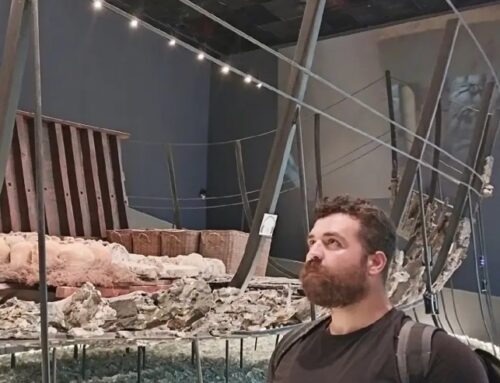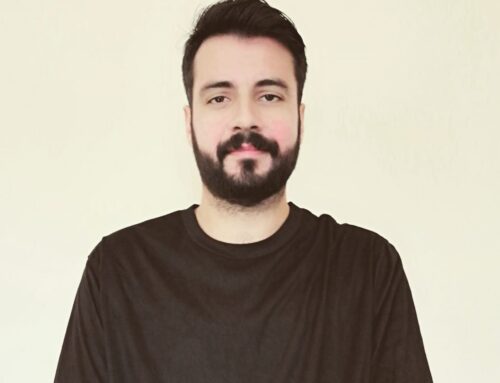Batoul Jaffal- American University of Beirut- Minor- 2024
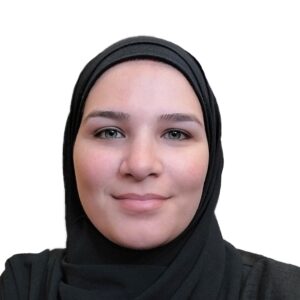 As an archaeology student pursuing my master’s degree in Arts and Archaeology at the Lebanese University, I had the opportunity to apply for the Honor Frost Foundation’s MSCU program in collaboration with the American University of Beirut.
As an archaeology student pursuing my master’s degree in Arts and Archaeology at the Lebanese University, I had the opportunity to apply for the Honor Frost Foundation’s MSCU program in collaboration with the American University of Beirut.
Maritime archaeology has always fascinated me, a fascination which stems from the vast number of artifacts, features, and architecture relating to Maritime Cultural Landscapes in our region, a topic I always wanted to learn more about.
With the start of the Fall semester, I enrolled in MSCU201 (Coastal and Marine Environments: An Introductory Course) which is broadening my horizons in archaeology in general, and in maritime archaeology specifically. This led me to build a different perspective of Archaeology when combining it with other sciences such as Oceanography, Meteorology, and Geomorphology. In addition, we are exploring the history of maritime archaeology and its methodology, through learning about surveys, excavations, and geophysical investigations.
So far, given the unfortunate circumstances Lebanon is going through, AUB and the MSCU coordinator Dr. Naseem Raad have managed to make accommodations for students unable to attend lectures in person, by providing the course material through online meetings and the constant upload of needed material to Moodle, which ensured a continuation of teaching activities despite all posed challenges. These measures brought a sense of normality to our semester in these highly challenging times.
Feburary 2025 Update:
MSCU201 provided me with a comprehensive overview of maritime archaeology and its connections with meteorology and oceanography. This required extensive reading, particularly “Oceanography: An Invitation to Marine Science” by T. Garrison & R. Ellis, which significantly enhanced my understanding, as well several other required and recommended readings by the course instructor. My background in archaeology proved helpful in grasping underwater excavation and survey methods, as they share similarities with terrestrial fieldwork but require different methodologies and equipment. Additionally, the course introduced the principles of Maritime Cultural Landscapes and explored both natural and anthropogenic coastal and marine processes. A historical overview, supported by case studies from various archaeological sites in Lebanon, further enriched my knowledge.
Throughout the semester, I submitted three required essays for MSCU201, each reflecting noticeable improvement thanks to Dr. Naseem Raad’s detailed feedback and constructive criticism. The first assignment consisted of short essays on key concepts related to oceanography and meteorology. For the second, I chose to explore Maritime Aspects of Sidon in the Persian Period, a topic of personal interest. My final essay focused on Harbor Development in the Levant through the Bronze, Iron, and Roman Ages, drawing on archaeological data from Beirut, Sidon, Sarepta, Tyre, Atlit, Dor, Caesarea Maritima, and Yavne-Yam.
This course played a crucial role in shaping my perspective on archaeology and directly contributed to my master’s thesis. Since I am researching Classical fine ware pottery from an archaeological site in Sidon, it allowed me to cross-reference my work—particularly on Eastern Sigillata A pottery—with Mediterranean wind and wave patterns in the Classical period. This approach aims to refine the understanding of trade patterns and the potential origins of this pottery.
